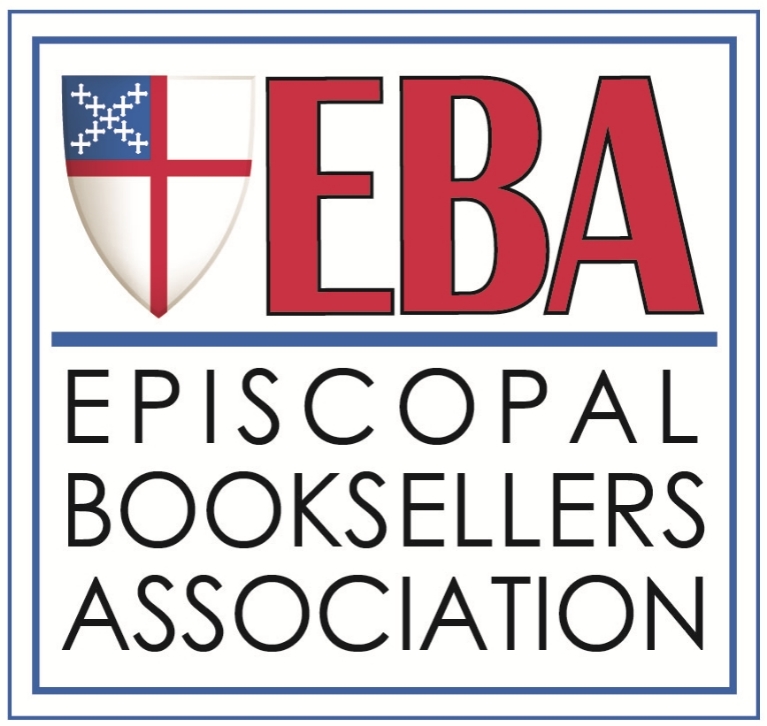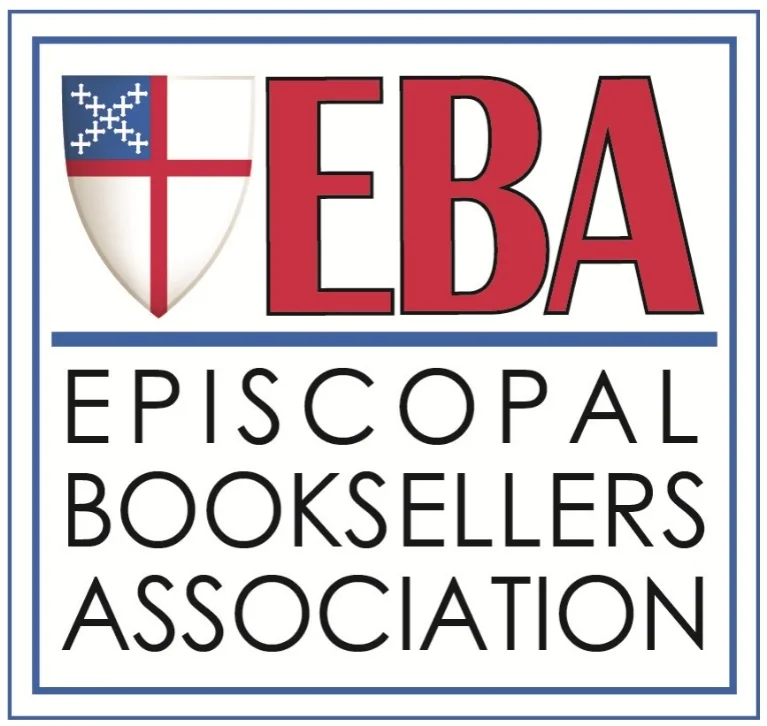HEALED: HOW MARY MAGDALENE WAS MADE WELL
Author: The Very Rev. Kate Moorehead
Reviewed by The Rev. John M. DiLeo
In Healed: How Mary Magdalene Was Made Well, Kate Moorehead invites us to join her on a journey in search of health and wholeness. It is a journey that seeks truth: the truth about Mary Magdalene; the truth about the role of women in the Bible; the truth about ourselves, and the truth of the grace of the gospel which is our hope. Kate invites us to walk with her as she shares her own truths while self-disclosing experiences in her life, some painful, some joyful, that have shaped her personal journey.
Who was Mary Magdalene is the question that Kate explores in the first part of the book. She debunks the historical myths that have grown up around Mary Magdalene over the years. Citing Augustine of Hippo, Pope Gregory the Great and others, she maps out how the myths surrounding Mary came into being as well as the role they played in creating a culture of shame surrounding the female body in the life of the church and the world.
Moving beyond the myths of the past, Kate invites us to reimagine May Magdalene based upon what we know of the era in which she lived and the stories from the gospels. She then uses the experiences of Mary Magdalene in scripture to speak to the spiritual life to which we are all called. Focusing on the place of "demons" in the world, Kate invites us to reclaim this scriptural concept in our lives today. Using addiction as a modern example of demonic possession, she speaks to that moment when the demonic voices in our minds move from dark thoughts and temptations to taking power over our minds:
But the demon voice can become a kind of possession when it takes over the mind, when it moves from an influence to a perceived reality.
We know that one of the consequences of addiction is that the mind is altered over time. Whether we are talking about alcohol, pornography or smart phones, addiction alters our view of reality. This also describes the impact of clinical depression and psychosis. We see this change in reality in the cycle of shame. If we speak of shame as moving from "I have done something bad" to "I am bad" we can see how our perception of self is changed in such a way that all hope appears to be lost. The power of Kate's book is that it gives us permission to confront these realities in our lives in the safe place of Jesus' healing grace. Denial is the devil's friend. Speaking the truth about our lives and "naming our demons" is always the first step in healing. How often do we learn of tragic, violent acts and read that "He seemed like an ordinary person," or "They always kept to themselves." When we hide our demons or do not feel safe to share them with anyone, we allow them to take possession of our true selves. Implicit in this book is the call to the church to serve as a "safe place" where pain and sorrow as well as joy can be shared without fear of judgement or condemnation.
Kate suggests that Richard Rohr's concept of "repossession by Something Greater than the disease" is the antidote to the temptations that lead to possession. In Twelve Step Programs, Something Greater is called our "Higher Power". As Christians we know this power has a name: Jesus. Turning once again to the life of Mary Magdalene, Kate suggests ways of staying close to Jesus and allowing the grace of God in Christ to "repossess our minds."
With the focus of the book on the life and ministry of Mary Magdalene, it is only natural that it would emphasize the individual aspects of spiritual and mental health. I believe it would be helpful to look at the ways our demons influence, and at times possess, the emotional systems of which we are members. Whether it is our family of origin, our church family or our nation, unresolved issues from the past that were denied and never brought into the light influence us in ways that we are not aware. This also calls us to look at the ways our parish communities contribute to healing as well as the subtle ways we enable the unhealthy temptations and behaviors. I once knew a woman who told me she battled a spirit of control in her life. It was no accident that she was placed in "control" of several of the parish ministries.
Kate Moorehead's Healed: How Mary Magdalene Was Made Well invites us to look at Mary with new eyes and to see her life as a way towards healing and wholeness. In doing so, she also gently challenges us to be in conversation around the relationship between spirituality and mental health and the place of Jesus' healing grace in our lives.




